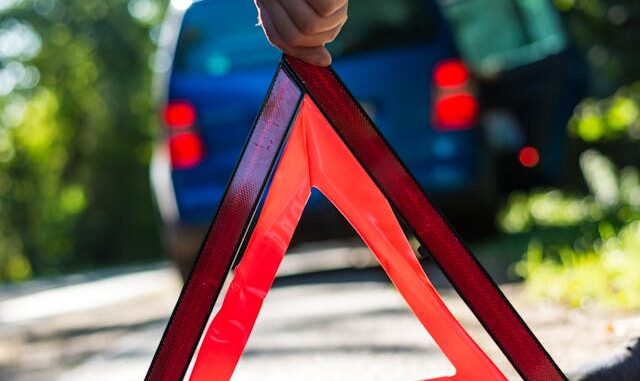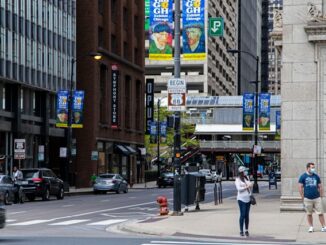
The aftermath of a car accident can be overwhelming, especially if the police lay charges against you at the scene. This unexpected complication can leave you confused and unsure of how to proceed. This guide focuses on car accidents in Ontario, Canada, and explores the steps you can take if you find yourself facing charges after a collision. Keep in mind that even if you’ve been charged, you may be entitled to various Accident Benefits from your own insurer if you’ve been injured. Contact a Personal Injury Lawyer right away, even if you’ve been charged.
Understanding the Charges
If the police believe you violated traffic laws and contributed to the accident, they may lay charges at the scene. These charges can vary depending on the circumstances, but some common examples include:
- Careless Driving: This is a general charge for driving without due care and attention, potentially causing an accident.
- Disobeying a Traffic Signal: Running a red light, stop sign, or failing to yield can result in this charge.
- Impaired Driving: Driving under the influence of alcohol or drugs is a serious offence.
- Speeding: Exceeding the posted speed limit can contribute to an accident and lead to charges.
- Failing to Remain at the Scene of an Accident (Hit and Run): Leaving the scene of an accident without fulfilling legal obligations is a serious offence.
What to Do When Charges are Laid
If the police lay charges against you at the scene of an accident, here’s a crucial first step:
- Remain Calm and Polite: Don’t argue with the officer. Ask clarifying questions if needed, but cooperate fully.
Understanding Your Legal Rights:
- Right to Remain Silent: You have the right to remain silent and not answer questions that could incriminate you. You should politely state that you wish to speak with a lawyer before answering any questions.
- Right to Counsel: You have the right to legal representation. Request permission from the officer to contact a lawyer as soon as possible.
Additional Steps to Take
- Gather Evidence: If possible, collect information about the accident scene, witness details, and any damage to your vehicle. Take photos if safe to do so.
- Exchange Information: Swap contact and insurance details with all parties involved in the accident.
- Attend Your Court Date: The officer will provide you with a court date where you will face the charges. It’s crucial to attend this hearing.
Considering Your Options
When facing charges, here are some potential courses of action:
- Plead Guilty: This signifies admitting guilt to the offence. Before doing so, consult a lawyer to understand the potential consequences and ensure you fully understand the charge.
- Plead Not Guilty: This signifies contesting the charges. Legal counsel helps build a case to defend yourself.
- Negotiate a Plea Bargain: A plea bargain involves discussing a lesser charge or a reduced penalty with the prosecutor, typically in exchange for a guilty plea. This approach is best explored with the guidance of a lawyer.
The Importance of Legal Representation
Facing charges after a car accident can be a complex situation. A lawyer specializing in traffic offences in Ontario can provide invaluable guidance and support throughout the process:
- Legal Expertise: A lawyer understands the intricacies of traffic law and can help you understand the specific charges you face.
- Building a Defense: Your lawyer can help gather evidence, build a strong defense strategy, and negotiate with the prosecutor on your behalf.
- Representing You in Court: If necessary, your lawyer will represent you in court, ensuring your rights are protected throughout the proceedings.
The Bottom Line: Don’t Go It Alone
Facing charges after a car accident can be stressful, but seeking legal guidance is crucial. Understanding your rights and the potential consequences is critical. Consulting a lawyer empowers you to make informed decisions and navigate the legal process effectively.
Remember:
- Remain calm and polite if the police lay charges at the scene.
- Understand your right to remain silent and your right to counsel.
- Gather evidence if possible and attend your court date.
- Consulting a lawyer specializing in traffic offences is crucial to navigate the legal process effectively.



